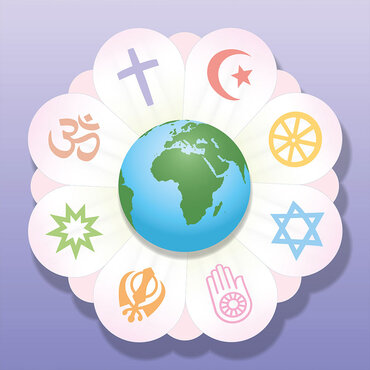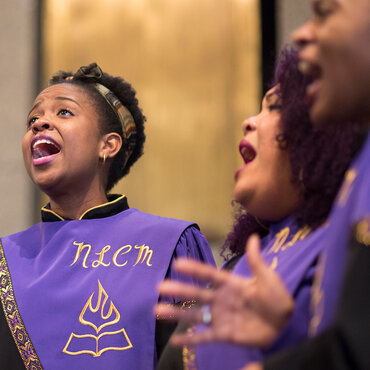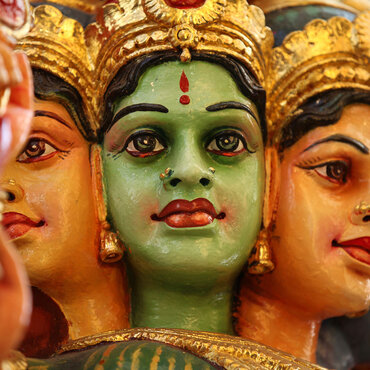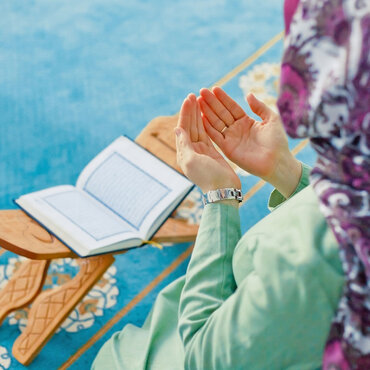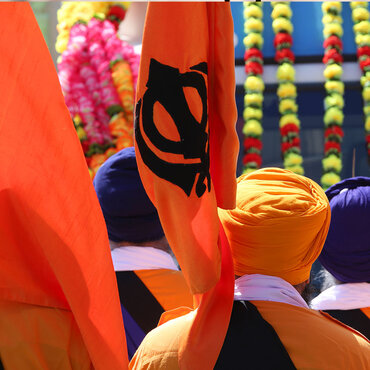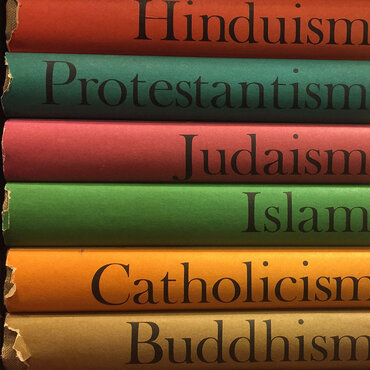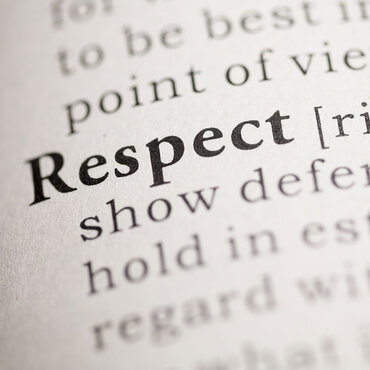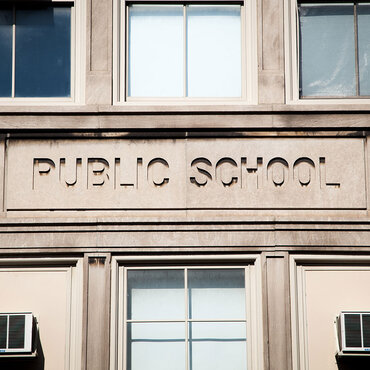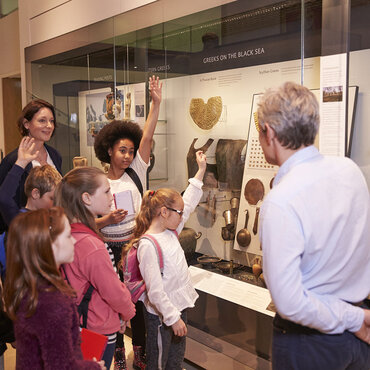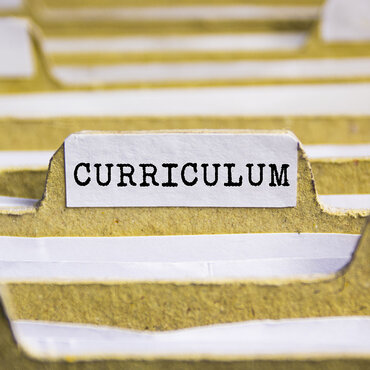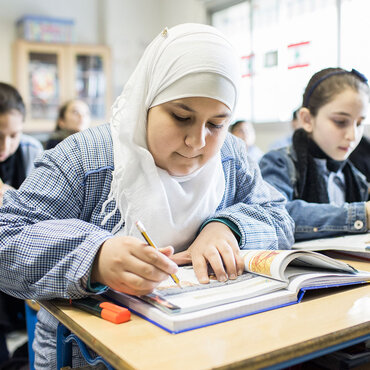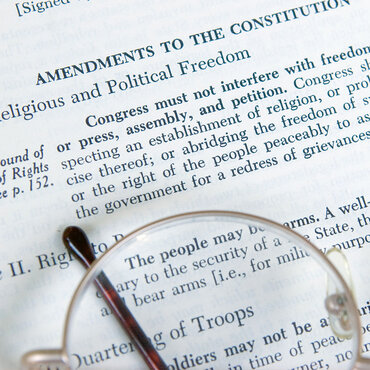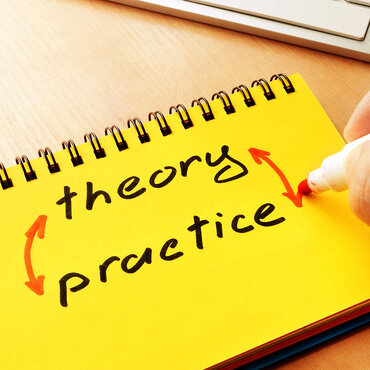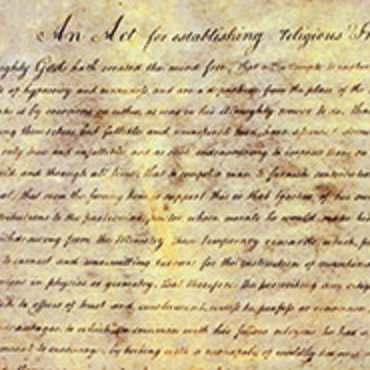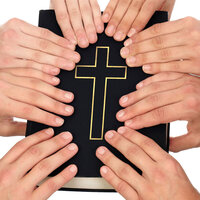
Pedagogies of Religious Literacy
What does it mean to be “religiously literate”? What do you need to know and be able to do? This module examines two different definitions of religious literacy, compares the strengths and weaknesses of each, and considers the application in the classroom.
Get even more great free content!
This content contains copyrighted material that requires a free NewseumED account.
Registration is fast, easy, and comes with 100% free access to our vast collection of videos, artifacts, interactive content, and more.
NewseumED is provided as a free educational resource and contains copyrighted material. Registration is required for full access. Signing up is simple and free.
With a free NewseumED account, you can:
- Watch timely and informative videos
- Access expertly crafted lesson plans
- Download an array of classroom resources
- and much more!
- Religious Literacy
- Educator
Benjamin P. Marcus is a fellow and former Religious Literacy Specialist with the Religious Freedom Center of the Freedom Forum Institute, where he examines the intersection of education, religious literacy and identity formation in the United States. He has developed religious literacy programs for public schools, universities, U.S. government organizations, and private foundations in the U.S. and abroad.
- Explain and compare two approaches to religious literacy
- Give examples of how they can be incorporated into the classroom setting
- Introduction in Stephen Prothero, Religious Literacy: What Every American Needs to Know—and Doesn’t, (New York: HarperOne, 2007), 1-23.
- Recommended: Diane L. Moore, “Diminishing Religious Literacy: Methodological Assumptions and Analytical Frameworks for Promoting the Public Understanding of Religion,” in Religious Literacy in Policy and Practice, ed. Adam Dinham and Matthew Francis (Chicago: Policy Press, 2016), 27-38.
- “Teaching Understanding” by Diane Moore, Harvard Divinity School
- Take the “U.S. Religious Knowledge Quiz” from the Pew Research Center. As you progress, reflect on the kinds of questions that are being asked. What kinds of knowledge about religion do you think are being tested? How does this reflect or not reflect Prothero’s definition of religious literacy? How well does your score on this quiz represent your religious literacy?
- What are the strength and weaknesses of each approach to religious literacy?
- Which approach to religious literacy do you find more compelling? Why? Which do you think better represented your own understanding of religious literacy?
- How could you employ one or both of these approaches to integrate religious literacy into your curriculum?
